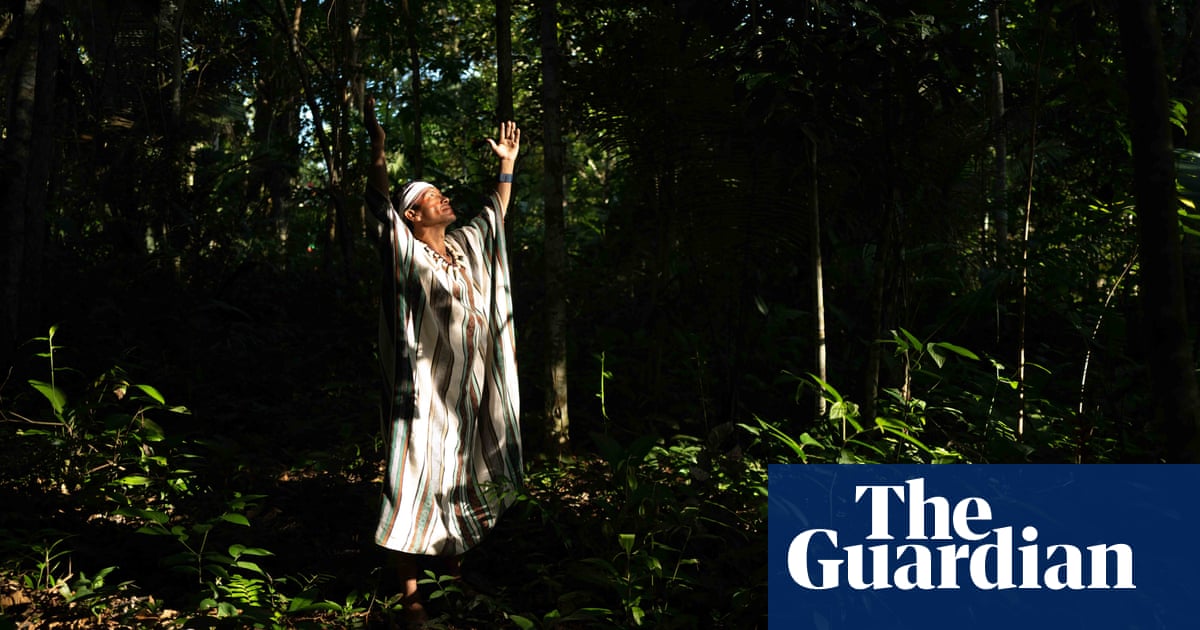
n Sunday, Chileans voted overwhelmingly in favour of establishing a new constitution. After one year of almost continuous social and violent protests, the country erupted upon hearing the news with the kind of jubilant parties and street celebrations that were last seen when a 1989 plebiscite put an end to the 17-year dictatorship of Augusto Pinochet.
Chile’s current constitution was written by Pinochet’s adviser and rightwing ideologue Jaime Guzmán, and was approved at the time by a rigged referendum. When Chile subsequently became a democracy in 1990, authoritarian principles enshrined in this constitution constrained the country’s process of democratisation and imposed a neoliberal model of economic development. The constitution had allowed Pinochet to nominate senators, established a voting system that initially overrepresented the political right, and required supermajorities for reforming institutions such as the armed forces and education system.
While numerous changes were made over the years, most notably by the governments of Ricardo Lagos and Michelle Bachelet, the underlying constitution remained tainted and illegitimate in the eyes of many Chileans. In addition, over the past 30 years, the constitution played a significant role in creating political elites who kept themselves in power, and prevented political reforms from keeping pace with social change and expectations. A more educated middle class lived highly precarious lives: unemployment or illness brought many to the brink of poverty. Trust and confidence in institutions were eroded by political and institutional corruption scandals. Multiple inequalities and the powerlessness to confront them characterised the lives of many.
Although the widespread student protests of 2011 generated the political will to enact significant structural reforms during Bachelet’s second term, these came too late to diffuse the protests triggered by a routine increase in metro fares in October 2019. The violence that followed made Chile’s cities look like abandoned battlefields. Economic growth and investment plummeted. The crisis shocked political elites into action and prompted attempts by the centre-right government of Sebastián Piñera to appease protesters.
Yet promises to address their demands did not produce the desired calming effect, especially as it became clear that an unreformed police force was persistently violating their human rights. This month Sergio Micco, the director of Chile’s National Human Rights Institutes, presented a report that detailed 3,203 alleged human rights violations from the past year, explaining: “Chile is facing the most serious human rights violations since the transition to democracy … We are particularly concerned about … eye injuries, the abusive use of riot shotguns, and the inhuman, cruel and sexually degrading treatment of victims.”
During the crisis the voices of those who had long been demanding a constitutional assembly gained traction. In November 2019, fears of increased violence in the streets led representatives from a broad range of political parties to sign an agreement for social peace and a new constitution which was then approved almost unanimously by both houses of congress. The stage was thus set for Sunday’s referendum (which would have taken place earlier but for the Covid crisis). In an unprecedented and groundbreaking move, agreement was also reached that women should make up 50% of any subsequent constituent assembly.
In the end, the vote was higher than expected by most pollsters: 78.3% of the electorate voted in favour of establishing a new constitution. Turnout in the referendum, at 50.9%, was slightly higher than in the most recent presidential election. Many young (and not so young) people voted for the first time. The picture of millions of socially distanced Chileans patiently queuing with their own biros and masks is testament to the faith they have in democratic and institutional solutions.
On a continent where democracy has suffered serious setbacks in recent years, and where constituent assemblies are often used to enshrine the power of a particular president or political faction, Chile has the potential to set a new precedent in the region: it could heal polarising rifts in the political spectrum; enshrine human, social and environmental rights in a constitution; and improve political and social inequalities. Crucially, though, it should highlight the importance of functioning democratic institutions as well as the power of social dialogue with a broad range of actors.
The vote to elect members of the new assembly is scheduled for April 2021, and a second referendum to approve or reject the document they produce is expected during the first half of 2022. Importantly, a general election is scheduled for November 2021, so the constitutional process will not be associated with only one government. There are many challenges ahead and no guarantees the process will be successful. But Chile has many distinguished constitutional experts, a large pool of experienced policymakers and a broad range of empowered civil society leaders who can ably shape this process.
A new constitution will not automatically resolve the many problems that prompted the recent crisis. But it should make the political process more legitimate in the eyes of many Chileans, force political elites to be more inclusive and accountable, as well as enabling politicians to negotiate and implement necessary reforms.
For now, we should celebrate the commitment to democracy that got Chile this far. We can only hope that the upcoming US election on 3 November turns out equally well and that its leaders learn from this Chilean lesson.
Kirsten Sehnbruch is a British Academy global professor at the LSE and co-editor of Democratic Chile: The Politics and Policies of a Historic Coalition












